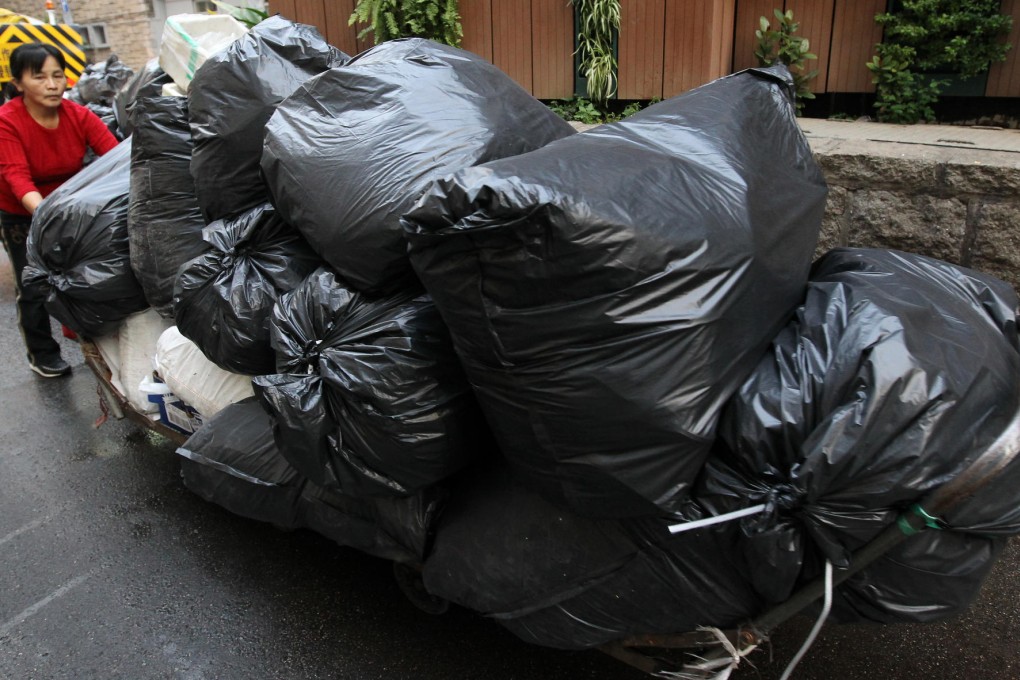Waste charging scheme will help recycling
K. Y. Leung says government public consultations are not much more than "going through the motions". This is certainly not the case for the upcoming public engagement to be conducted by the Council for Sustainable Development on waste charging. We will shape the charging scheme based on what we learn from this important process.

K. Y. Leung says government public consultations are not much more than "going through the motions" ("Scheme will lead to illegal dumping", August 15).
This is certainly not the case for the upcoming public engagement to be conducted by the Council for Sustainable Development on waste charging. We will shape the charging scheme based on what we learn from this important process.
Leung is concerned the logistics of introducing a waste charging scheme will be a "nightmare". We certainly don't underestimate the complexities, which is why we are engaging the public, raising public awareness and conducting pilot schemes.
Where we differ with Leung is he thinks we should focus on maximising waste recycling instead of waste charging. In fact, we need to do both. Without imposing waste charging, we will not be able to maximise recycling. In order to increase recycling, we also need to work with the public to improve waste separation. Sorting waste well increases recycling potential. Indeed, waste charging provides the necessary incentive for waste separation and recycling.
Leung is also concerned waste charging will lead to fly-tipping. This is a legitimate concern that every jurisdiction that has imposed waste charging had to deal with. We need a series of measures to deal with it, including public education and working with estate managers.
The risk of fly-tipping did not hold other jurisdictions back from introducing waste charging and Hong Kong should not feel defeated either.